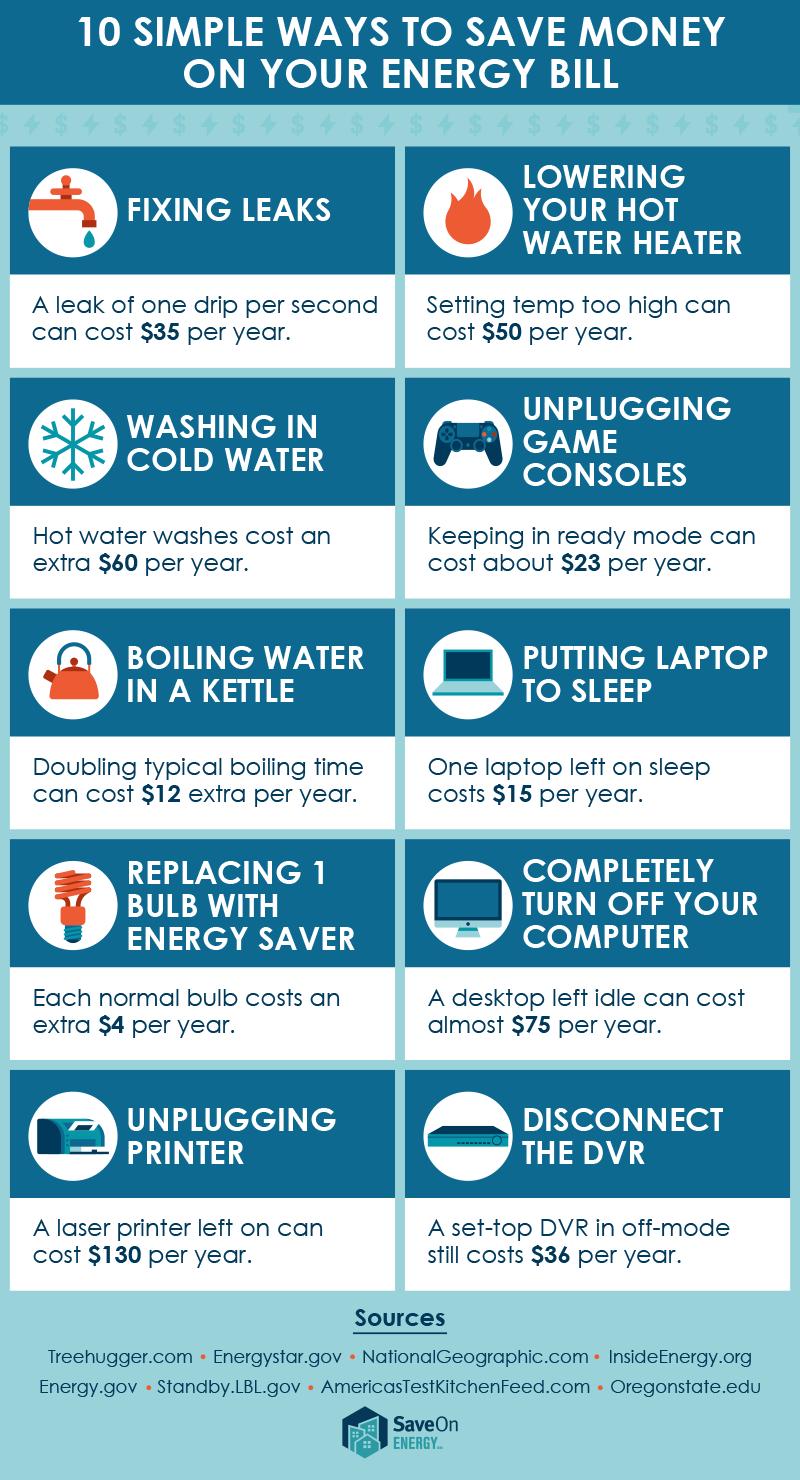Rising energy costs have left millions concerned they will be forced to choose between heating or eating.
The energy price cap is set to rise from April 1 and will see an increase of £693 from £1,277 to £1,971 per year which is anticipated to impact millions of families.
As a result of a global escalation in gas prices over the past few months, energy prices are set to impact default tariff customers that haven't switched to a fixed deal.
To help combat this, consumer rights expert for Resolver, Martyn James, has shared seven ways consumers can reduce energy costs.
Martyn James, consumer rights expert at Resolver- Credit: Resolver
1. Empty the fridge
"If your fridge is stuffed then it requires more energy to do its job, so keep it relatively clear and the temperature at an appropriate level.
"Most experts advise a level of one to five Celsius – take the temperature rather than rely on the dial."
2. Don't leave devices on standby
"Most electrical items can be switched off properly, though you might want to leave the smart TV/ satellite/ cable box plugged in if you don’t want to lose your favourite recordings.

Most Read
"If it’s a faff to remember, why not get a plug with a timer on it?"
3. Eco washing
"The big offenders for energy consumption in your home are ‘wet appliances’ – the term for goods in the kitchen that use water, such washing machines and dishwashers.
"Try to only use them for full loads, learn more about what that ‘eco mode’ button does and drop the heat as low as it will go.
"These machines have to heat the water they use and this can result in them generating a quarter of the cost of your energy bill."
4. Switch off the lights
"Or even better, replace your bulbs with LEDs. This might seem like a hassle, but you could save up to £50 a year.
"If it’s too expensive to do in one go, replace them as the old ones die."
5. Turn down the thermostat
"Getting a smart thermostat can save you loads, but if money is tight then that just isn’t feasible.
"But did you know that turning down the thermostat by just one notch can save you around £80 a year?"
6. Cut down your shower time
"By fitting an energy efficient shower head and cutting down shower time by just one minute per person, a family of four could save £28 off their gas bills and around £47 off their water bills with a meter."
7. Have a smart meter
"Yes, this did go horribly wrong last time round, so the government scheme was scaled back while the technology was sorted out.
"The second generation of smart meters are available now, which are compatible with different providers of energy, so you can switch if you want (always check first though).
"Smart meters make it easier to monitor your energy consumption and keep on top of your bills."








